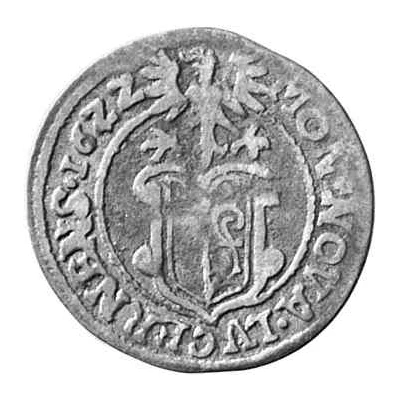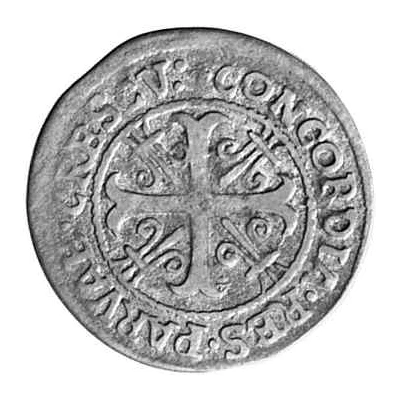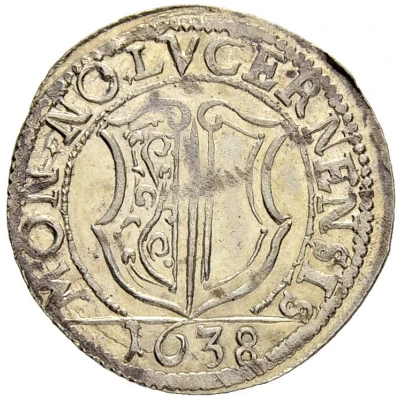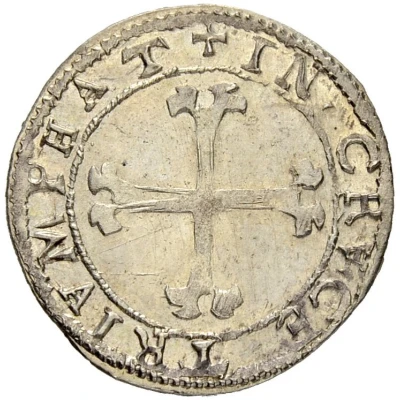Batzen MONETA LVCERNENSIS
1622 year| Billon | 1.7 g | 23.0 mm |
| Issuer | City of Lucerne |
|---|---|
| Period | Free imperial city (1415-1648) |
| Type | Standard circulation coin |
| Year | 1622 |
| Value | 1 Batzen = 1⁄18 Thaler |
| Currency | Thaler (1550-1656) |
| Composition | Billon |
| Weight | 1.7 g |
| Diameter | 23.0 mm |
| Shape | Round |
| Demonetized | Yes |
| Updated | 2024-10-07 |
| Numista | N#298572 |
|---|---|
| Rarity index | 100% |
Reverse
Cross with split ends. Four fleurs-de-lis pointing inwards in the cantons.
Lettering: ✠ + CONCORDIA · RES · PARVAE · CRESCVN
Translation:
Concordia res parvae crescunt.
Small things flourish by concord.
Comment
The Latin phrase "Concordia res parvae crescunt" (small things flourish by concord) was originally used in chapter 10 of the "Bellum Jugurthinum" of Roman Republican writer Sallust (86-35 BC). The phrase is usually translated in English as "unity makes strength". The full quotation reads: "nam concordia parvae res crescunt, discordia maxumae dilabuntur" (concord will make small things flourish, discord will destroy great things). The phrase also appears in Seneca the Younger's "Epistulae Morales ad Lucilium", published in AD 65.Interesting fact
The Batzen coin from the City of Lucerne, made of Billon and weighing 1.7g, is interesting because it was issued during a time of great economic and political change in Europe. The Thirty Years War had just begun, and the coinage of many regions was being debased to finance the war efforts. However, the Batzen coin remained a stable and reliable form of currency, and its value remained consistent throughout this period of upheaval. This speaks to the importance of sound monetary policy and the role that coins like the Batzen played in maintaining economic stability during times of crisis.



